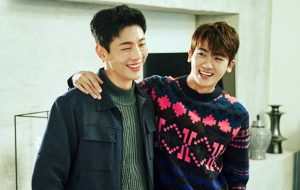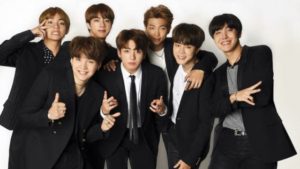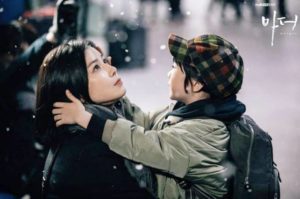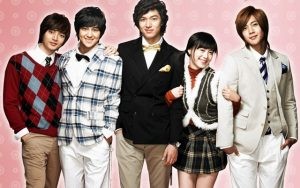“Be With You” (지금 만나러 갑니다)

If you could re-live a part of your life, knowing that the time you had with your loved ones would be fleeting, would you risk it? The Korean feature film “Be With You” (지금 만나러 갑니다) offers this intriguing concept. It wasn’t perfect, but it made my heart hurt … and happy.








